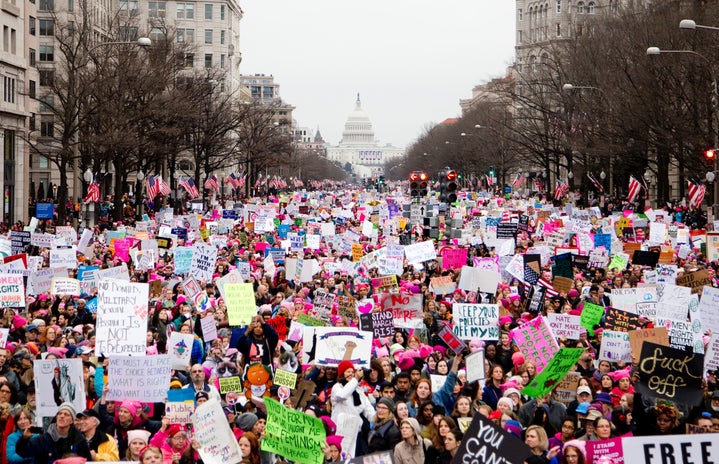April is National Sexual Assault Awareness Month. This month highlights the stories of survivors and brings awareness to the issue of sexual assault. It’s an incredibly important month filled with equally important stories. Every survivor has a different experience, even in the aftermath of what had happened to them. Not every survivor wants to file a report against their abuser, or press charges against them. This might be because they are scared the case will be thrown out, or the abuser won’t be prosecuted. It might also be because they know their abuser and are worried about the repercussions if they come forward about what happened to them. There are many reasons why a survivor might choose not to pursue legal action against their abuser after an assault. That being said, there are actions a survivor can take that won’t involve law enforcement.
Immediately after an assault, a survivor might want to go to the hospital and get an exam called a Code-R exam done. This exam is performed by a specialized nurse and can be used to collect evidence and provide medical attention and medication to prevent pregnancy and some sexually transmitted infections. In Utah, an organization called the Utah Office for Victims of Crime pays for these exams to be done so the survivor doesn’t have to pay anything. They also pay for things like counseling and moving expenses. Along with the Utah Office for Victims of Crime, the Rape Recovery Center will send an advocate to support the survivor through the exam and interact with medical staff, law enforcement, and friends and family on behalf of the survivor. This service is also free of charge and can be used in any hospital in Salt Lake County or the Family Justice Center.
Survivors also have the option of seeking counseling and other mental health care. The Rape Recovery Center provides low-cost counseling, both group and individual, to any survivor who needs it. The therapists they have are trauma-informed and support the survivor in any way they can. They work on a sliding scale basis, meaning the client pays depending on what they can afford. If a survivor can’t access a therapist, then they also have the option of calling the Rape Recovery Center’s crisis line. It is a line that is available 24/7 that any survivor or secondary survivor–meaning people who are connected to the survivor either as a friend, family member or caretaker–can call and either talk about whatever they want or get connected to other resources. There are many crisis lines similar to this nationwide, such as the Rape, Abuse, and Incest National Network’s crisis line that helps victims of sexual assault.
If the survivor is in a situation where they live with their abuser, they have the option of going to a shelter for victims of abuse. Within Salt Lake City, one such shelter is the YWCA. They house women who have experienced abuse, including sexual assault, and help them if they want to pursue legal action. In St. George, Utah a similar shelter is in a place called Dove Center that provides housing and counseling for survivors of interpersonal violence. Crisis lines are able to connect survivors with shelters like these. It is important to know that these shelters are confidential and secure so that the survivors are truly safe if they are coming out of dangerous situations.
Though most of the places I listed are in Utah, specifically Salt Lake County, it’s important to know that there are places that are dedicated to helping survivors of sexual assault all across the nation. You can access a list of nationwide resources here that can help you out on a local level. Survivors all have different experiences so they are going to go about healing in different ways as well, which is completely valid. None of these resources is going to push a survivor into doing something they don’t want to. The survivor is in complete control of their healing process. For all the survivors out there: your stories and experiences are important. It was never your fault.



